【導語】報考2023云南專升本的考生們,英語考試很多同學們需要背誦的知識點,關于動詞時態語態為大家整理如下,請相關考生查看。
點擊加入:2023年云南專升本考生交流群,和其他考生一起學習吧!

2023云南專升本英語備考知識點—動詞時態語態
常考的動詞時態和用法:
(以do為例)
一般現在時do/does(is/am/are)
1. 一般現在時表示經常發生、習慣性動作、客觀真理、科學事實、格言,目前的特征、狀態、能力等。
2. 主句是一般將來時,時間、條件狀語從句中用一般現在時表示將來(主將從現)。
If it rains tomorrow, I won’t go there.
注:能引導時間、條件狀語從句的連詞有when, if, after, before, as, as soon as, the minute, the next time, in case, till, until, unless, so long as等。
常見標志詞:every …, sometimes, at …, on Sunday, always, usually, sometimes, seldom
一般過去時did(was/were)
表達特定的過去時間內發生的動作或存在的狀況,或過去某一時間內經常發生或反復發生的動作或行為。
I drank a glass of water two minutes ago
常見標志詞:then, yesterday, last week, an hour ago, the other day, in 1982
現在進行時is/am/are doing
1. 表示正在進行的動作。
2. 表示按計劃安排即將發生的動作。
She is leaving for Beijing. / He is working as a teacher tomorrow.
常見標志詞:(1)now, right now, at the moment等時間狀語;
(2)look, listen等詞常用于句子的開頭,表示提醒聽者注意正在發生的事情
過去進行時was/were doing
1. 表示過去某一時刻或某一段時間內正在進行的動作。(這一過去時間須用時間狀語表示)He was preparing his lecture all day yesterday.
2. 表示一過去的動作在另一過去動作發生時進行。They were still working when I left.
3. 用在兩個過去進行時動作同時發生。I was writing while he was watching TV.
4. 表示過去將來動作。He said she was arriving the next day
.常見標志詞:this morning, the whole morning, all day, yesterday, from nine to ten last evening…, when, while, at that time
現在完成時has/have done
1. 表示過去發生的動作對現在產生的影響或結果,說話時已完成的動作。I have finished the report.She has cleaned the room.
2. 表示從過去開始,持續到現在的動作或狀態,往往和“for...”,“since...”表述的一段時間狀語連用。He has learned English for six years.They have worked here since they left college.
3. 表示“曾經到過某地(人已回來)”用have/ has been to,表示“到某地去了(還未回來)”用have/ has gone to。
常見標志詞:by+現在時間, for, since, already, so far, ever, never, just, yet, till/ until, up to now, in (the) past years, always, recently
過去完成時had done
1. 表示在過去某一時間以前已經完成的動作。He had shut the door before the dog came up.
2. 表示動作或狀態從過去某個時刻開始一直延續到另一個過去時刻才完成,甚至還要繼續下去。At the age of ten, he had learned 500 English words.
3. 常用hope, expect, think, intend, want, suppose等動詞的過去完成時來表示未實現的希望、打算或意圖。We had expected that you would be able to win the match.
常見標志詞:by/by the time/by the end of+過去時間, up until then, up until last night, when/before/after+過去時間
現在完成進行時has/have been doing
用來表示從過去某一時刻開始一直持續到現在(還要繼續下去)的動作。
He has been doing the maths problems since 8:00.
常見標志詞:for+時間段, since+時間段/點/從句, all the time, all one’s life, during the night
過去完成進行時had been doing
表示動作或狀態從過去某個時刻開始一直延續到另一個過去時刻才完成,還將繼續下去。
She had been suffering from a bad cold before she took the exam.
常見標志詞:up until then, up until last night, when/before/after+過去時間(參見過去完成時標志詞)
一般將來時will/shall do;is/am/are going to do/ (about) to do一般將來時表示將來要發生的動作和存在的狀況。
I will call you when my mother comes back.It’s going to rain soon. / He is (about) to go abroad.
常見標志詞:next…, tomorrow, in+時間, … later, in the long run, in the future
過去將來時would/should do;was/were going to do; was/were (about) to do
1. 相對于過去某一時刻而言即將發生的動作或存在的狀態。He told me he would go to Beijing.
2. would do(表示過去的習慣)總是,總會,常常。He would sit silent for hours.
點擊進入:2023年云南專升本報名指導入口,現在填寫信息會有老師為大家電話進行解惑!
以上是“2023云南專升本英語考點—動詞時態語態”的相關內容,各位考生可點擊【在線咨詢老師】與專業的報名指導老師開展一對一交流,幫助考生攻克基礎知識薄弱、攻堅重點難點,得到專屬于自己的解答。敬請關注!

云南專升本聲明
(一)由于考試政策等各方面情況的不斷調整與變化,本網站所提供的考試信息僅供參考,請以權威部門公布的正式信息為準。
(二)本網站在文章內容來源出處標注為其他平臺的稿件均為轉載稿,免費轉載出于非商業性學習目的,版權歸原作者所有。如您對內容、版權等問題存在異議請于我們聯系,我們會及時處理。
文章來源于網絡,如有侵權,請聯系刪除


























 新手指南
新手指南  報名條件
報名條件  報名時間
報名時間  疑問解答
疑問解答  成考咨詢
成考咨詢  自考咨詢
自考咨詢 





